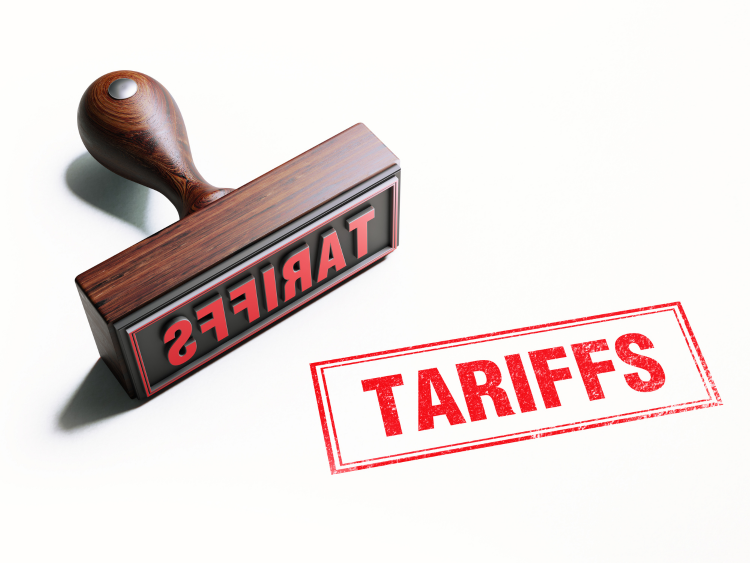AMU

March 11, 2025
US importers face stricter rules under revamped S232 tariffs
Written by Laura Miller
The steel and aluminum trading community is about to see major changes when bringing steel into the US.
US Customs and Border Protection released guidance outlining the upcoming changes to Section 232 tariffs, which will take effect at 12:01 a.m. EDT on Wednesday, March 12.
President Trump ordered the reinstatement of the sweeping 25% duties in February.
The updates impact reporting requirements, tariff rates, and country-of-origin rules.
“CBP expects full compliance from the trade community for accurate reporting and payment of the additional duties,” the agency said in a March 7 bulletin. “CBP will take enforcement action on non-compliance.”
Changes to importing rules
One of the biggest changes is the removal of all country exemptions. This means no nation will receive special treatment under Section 232. So steel from Canada, Mexico, and Australia will no longer enter the US duty-free.
At the same time, all tariff rate quotas (TRQs) and general approved exclusions (GAEs) will be eliminated. These end at 4:30 p.m. local port time on Tuesday, March 11.
The TRQs on steel from the European Union, Japan, Brazil, South Korea, and the United Kingdom will be no more. The countries could previously only send a certain amount of steel products to the US tariff-free; after they hit their quota, any more steel sent would be subject to the 25% S232 tariff. Starting Wednesday, they can send as much steel to the US as they want, but every ton imported will be taxed at 25%.
No new product exclusions will be approved, and current exclusions will expire either when the allotted quantity runs out or when the deadline is reached — whichever happens first.
Another significant update is the increase in aluminum tariffs from 10% to 25%. Aluminum derivatives will now also be tariffed.
Additionally, new lists of covered products have been introduced, expanding the number of steel and aluminum items subject to tariffs.
Reporting rules will also become stricter. Importers must properly declare where steel was melted and poured and where aluminum was smelted and cast. CBP noted that products imported using steel melted and poured in the US will be excluded from paying the tariff.
For derivative products, companies will have to provide details on the steel and aluminum content in certain products and pay the tariff on the metal content.
Value of imports potentially subject to expanded S232
US steel imports potentially subject to the expanded tariffs were valued at $31.5 billion last year, according to a March 6 report from the Congressional Research Service (CRS). Steel imports from Canada accounted for 23% of that total, from the EU 22%, Mexico 11%, South Korea 9%, Brazil 9%, and Japan 5%.
The CRS said $53.6 billion of steel derivatives were imported last year, with the top suppliers being China (28%), Mexico (15%), the EU (14%), and Canada (10%). That means anyone importing steel derivatives would have paid $13.4 billion more for the same amount of product last year had the downstream tariffs been in place.
For aluminum, the report valued US imports at $18.5 billion last year, with Canada accounting for 51% of that, followed by the EU at 8% and the UAE at 6%.
Aluminum derivative imports were valued at over $102 billion last year, with Mexico supplying 22%, China 21%, the EU 13%, and Canada 12%.




